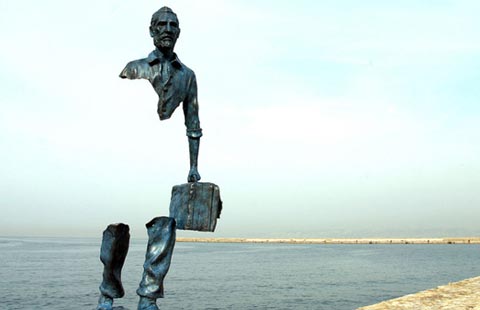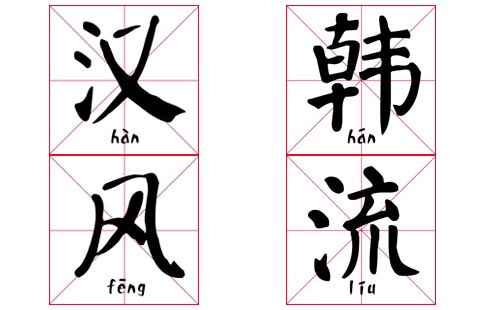A journey into the past
By Dong Fangyu ( China Daily ) Updated: 2014-07-25 16:29:42
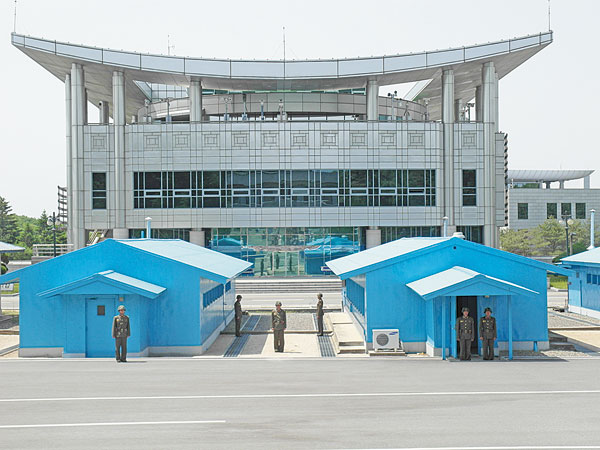 |
|
Soldiers watching the border at Panmunjom, where the 1953 Korean Armistice Agreement was signed. DONG FANGYU / CHINA DAILY |
| Tourists' tales |
| Under Western Eyes |
“I pay $8 a month for each worker. But what they can actually get in their own pocket is reduced to about 10 yuan ($1.60) a month, because the rest is handed over to the State. I find that they do not put money in banks. They usually dig a hole in the wall, and put the money in it,” he said.
The scenery between Sinuiju and Pyongyang was mundane, consisting mainly of large tracts of arable land. I spotted a couple of tractors, but there were few canals or reservoirs to be seen, and almost no sign of modern, mechanized agricultural equipment. Everyone working in the fields used their hands.
Gucci bag, Prada purse
When we arrived at Pyongyang at 7 pm, two local guides were waiting for us on the platform. They accompanied us for the entire trip. One of them was called Ms Kim. She had worked as a guide for seven years, and spoke fluent, unaccented Chinese. The 31-year-old carried a genuine Gucci bag, and when she took out her purse, I saw that it was a real Prada item. But for the Kim Il-sung pin she wore on her left jacket lapel, she could have been any trendy white-collar woman working in Beijing’s Central Business District.
Kim told me she likes luxury goods, and had bought them during a business trip to China. However, when I asked how much she earned as a tour guide, she answered in a roundabout way, telling me that middle-income earners in Pyongyang make 500 to 600 yuan a month.
In the DPRK, being a guide is like a diplomatic mission. Tourist guides are strictly selected; They have to graduate from the top universities, speak at least one foreign language, be good-looking and elegant, and probably come from a military family.
|
|
|
|
|
|
|
|

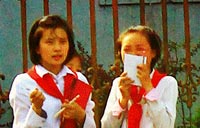

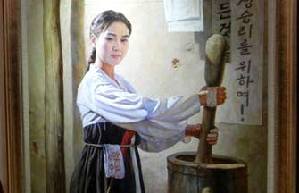
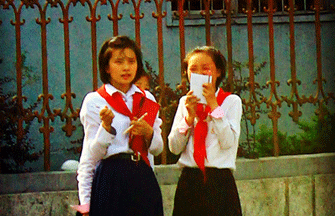
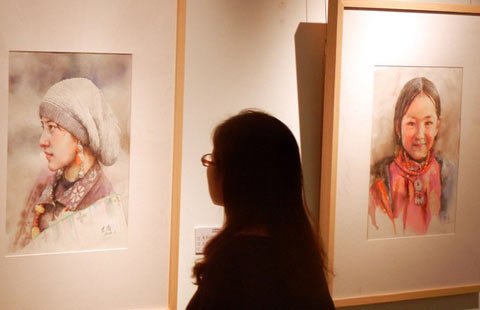


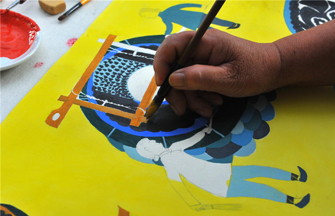


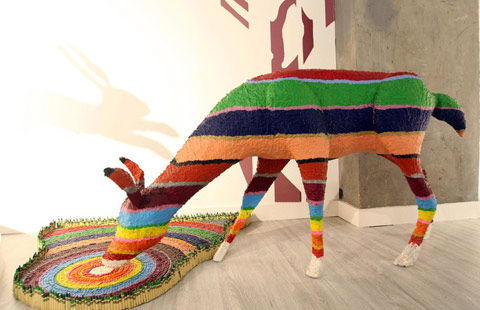
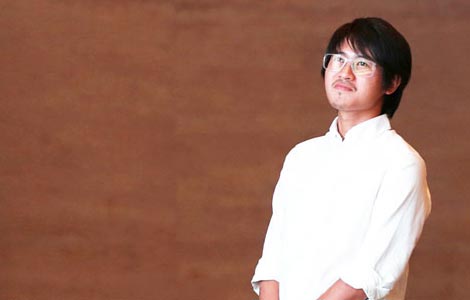













 Raymond Zhou:
Raymond Zhou: Pauline D Loh:
Pauline D Loh: Hot Pot
Hot Pot Eco China
Eco China China Dream
China Dream China Face
China Face

